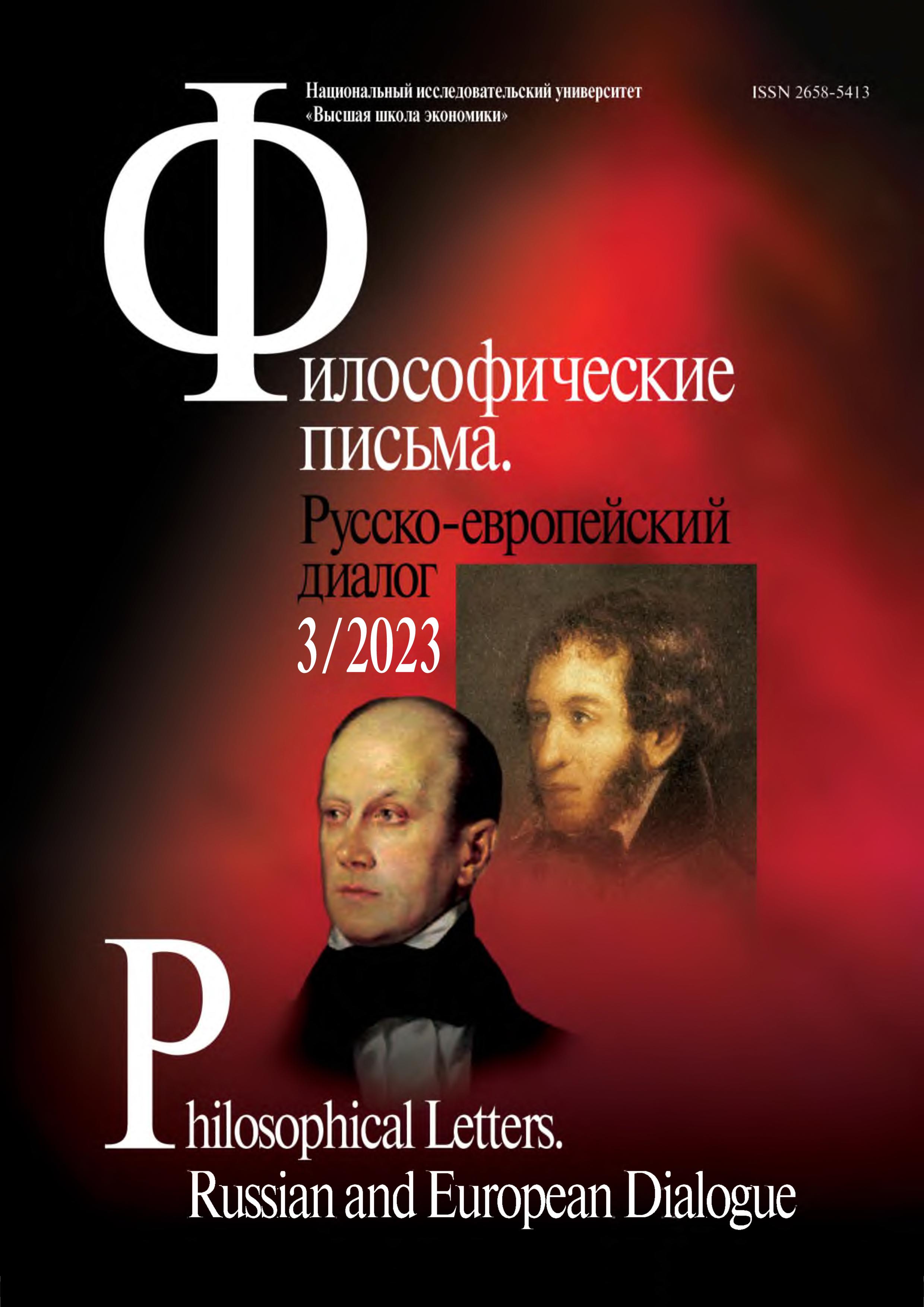Ропот мыслящего тростника: Блез Паскаль и Лев Толстой. Параллели (К четырехсотлетию со дня рождения Блеза Паскаля)
Аннотация
Хотя статья написана к четырехсотлетию со дня рождения Блеза Паскаля, она рассказывает и о русском гении Льве Толстом. В старости Толстой пропагандировал Паскаля. Автор, подражая Плутарху, предлагает параллельное жизнеописание. Он напоминает, что эпоха Франции, когда жил Паскаль, была эпохой невероятного умственного напряжения, эпохой Декарта, Гассенди, Расина, Корнеля, Мольера, Ферма, Ларошфуко, религиозных споров янсенистов с иезуитами. Паскаль, очень больной и очень верующий, участвовал в этом споре на стороне янсенистов, общался с Декартом, переписывался с великим математиком Ферма и сам был выдающимся математиком . После его смерти (в 39 лет) были опубликованы одной книгой записи из его неоконченной рукописи под названием «Мысли», которая сразу стала событием европейской философии. Там он дал образ духовного человека как мыслящей тростинки. В России Паскаля узнали только в XIX веке. Одним из первых на его творчество откликнулся великий поэт Тютчев, написавший, что ропщет «мыслящий тростник». Однако по жизни роптал именно Толстой. Он не хотел умирать и приходил в ужас от мысли, что и он обречен. Он не принимал государство, церковь, мировое искусство (Мадонну Рафаэля и трагедии Шекспира), отрицал необходимость армии. И оказался угоден большевикам. А Паскаль остался одиноким, вне партий, мыслящим тростником.

